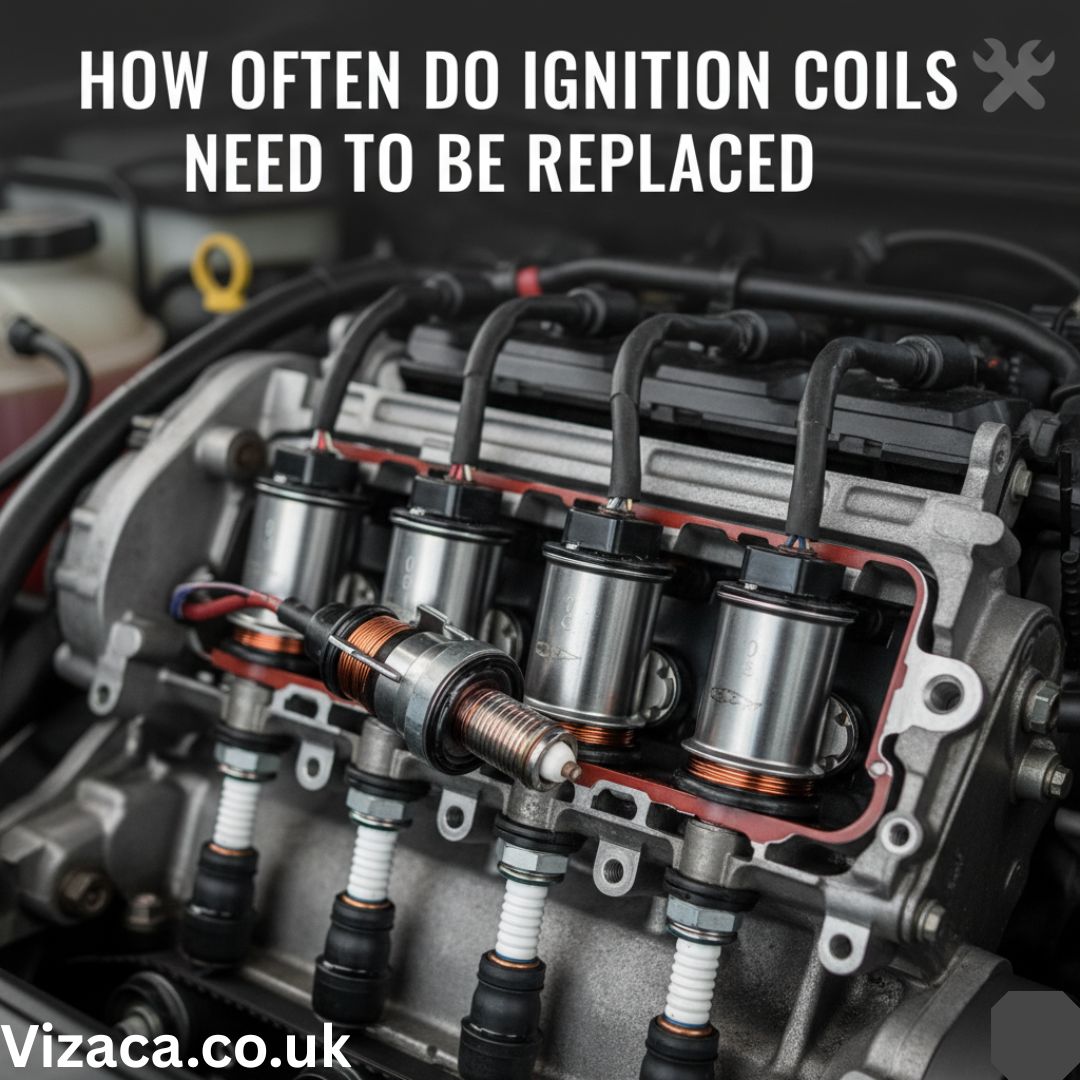Yes, a bad catalytic converter can contribute to a misfire—but it’s usually the result of a misfire, not the cause.
In most cases, misfires cause damage to the catalytic converter—not the other way around. However, in certain conditions, a severely restricted or clogged catalytic converter can lead to misfire-like symptoms.
How a Bad Catalytic Converter Could Contribute to a Misfire
✅ 1. Exhaust Restriction
- If the catalytic converter is clogged, exhaust gases can’t flow freely
- This causes backpressure, reducing engine performance and potentially triggering:
- Rough idling
- Hesitation
- Loss of power
- Misfires in one or more cylinders
✅ 2. Excessive Heat
- A failing converter can overheat and affect surrounding engine components
- Heat buildup can damage ignition coils, wires, or other nearby systems
More Common Cause: Misfire Damaging the Catalytic Converter
Misfires can cause unburned fuel to enter the exhaust system, which:
- Overheats the catalytic converter
- Causes the catalyst to melt or break apart
- Triggers “Check Engine” light with codes like P0420 (Catalyst Efficiency Below Threshold)
Warning Signs of a Bad Catalytic Converter
- Rotten egg smell (sulfur)
- Loss of power, especially at high RPM
- Rattling noise from under the car
- Failed emissions test
- Check Engine Light with codes like P0420, P0430, or misfire codes (P030X)
Final Thoughts
A bad catalytic converter can contribute to misfire symptoms, especially if it’s severely clogged and causing backpressure.
But in most cases, the misfire happens first, damaging the converter over time.
So if you’re experiencing a misfire, it’s crucial to fix the root cause first—like bad spark plugs, coils, or fuel issues—to prevent costly catalytic converter damage.










